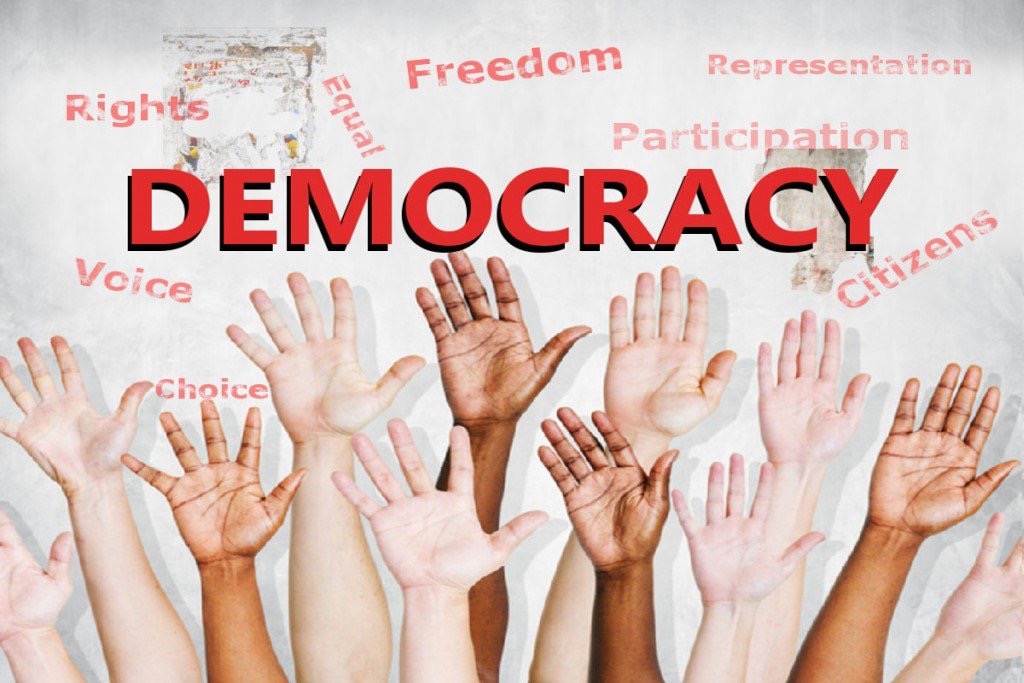By Margaret Kamba
Many have always argued that the West is not only arrogant but always finds excuses of poking its nose in other people’s business and throws such words as democracy, the rule of law and human rights nonsense to instill its misconstrued ideologies. The ill-informed of our own carry such and begin being masters of peddling such regime change agenda and work to destabilize their countries only to the fall of their sovereign states.
The recent events which have seen the Taliban taking over their country and the Americans leaving in a rush have not only served as a lesson for the United States but to any who care to learn.
In the article posted on the Tony Blair Institute Global for Global Change website Former British Prime Minister Tony Blair shares his thoughts which show the arrogance of the West and how many wrong decisions they make only to regret later. He shows how they act on fear, assumptions in order to protect their interests. In his own words, he says “We didn’t need to do it. We chose to do it.”
Entitled ‘Tony Blair: Why We Must Not Abandon the People of Afghanistan – For Their Sakes and Ours’ the Former Prime Minister shares writes:
“Almost 20 years ago, following the slaughter of 3,000 people on US soil on 11 September, the world was in turmoil. The attacks were organised out of Afghanistan by al-Qaeda, an Islamist terrorist group given protection and assistance by the Taliban. We forget this now, but the world was spinning on its axis. We feared further attacks, possibly worse. The Taliban were given an ultimatum: yield up the al-Qaeda leadership or be removed from power so that Afghanistan could not be used for further attacks. They refused. We felt there was no safer alternative for our security than keeping our word,” he says.
“We held out the prospect, backed by substantial commitment, of turning Afghanistan from a failed terror state into a functioning democracy on the mend. It may have been a misplaced ambition, but it was not an ignoble one. There is no doubt that in the years that followed we made mistakes, some serious. But the reaction to our mistakes has been, unfortunately, further mistakes. Today we are in a mood that seems to regard the bringing of democracy as a utopian delusion and intervention, virtually of any sort, as a fool’s errand.”
What makes this whole situation worse is that while he sees the mistakes they have done in the past, he feels they should not hesitate to correct them by ensuring that they do not lose control. Instead of urging his brethren to stop interfering in the internal affairs of other countries, what he recommends are sanctions.
“We need to draw up a list of incentives, sanctions and actions we can take, including to protect the civilian population so the Taliban understand their actions will have consequences. Afghanistan was hard to govern all through the 20 years of our time there. And of course, there were mistakes and miscalculations. But we shouldn’t dupe ourselves into thinking it was ever going to be anything other than tough, when there was an internal insurgency combining with external support – in this case, Pakistan – to destabilise the country and thwart its progress,” he says.
“I would still argue that even if this were right and the action in removing the Taliban in November 2001 was unnecessary, the decision to withdraw was wrong. We have learnt the perils of intervention in the way we intervened in Afghanistan, Iraq and indeed Libya. But non-intervention is also policy with consequence.
“For Britain and the US, these questions are acute. The absence of across-the-aisle consensus and collaboration and the deep politicisation of foreign policy and security issues is visibly atrophying US power. And for Britain, out of Europe and suffering the end of the Afghanistan mission by our greatest ally with little or no consultation, we have serious reflection to do. We don’t see it yet. But we are at risk of relegation to the second division of global powers. Maybe we don’t mind. But we should at least take the decision deliberatively.”
Political commentator and Head of International Research with the Chitepo School of Ideology General Zabanyana’s take on lessons that must be learnt are that there has been a dynamic nature of International Relations.
“The demise of a civilization and triumphant power grab of Islamic civilization or inclined to ideology. There has been a curb of USA globalisation of national security,” he said.
“National building as a mission is doomed to fail as was in Iraq if levels of antagonism are not addressed.Trust deficits in IR can be detrimental. Strategic troop deployment must be followed by strategic troop drawdowns where strategic planning is respected and upheld.”
He added that “successful military operations are driven by well gleaned intelligence through expert utilization of electronic warfare capabilities because you don’t walk blindly in a war theatre. In military strategy or studies, where ever there is a void in power dynamic then something else fills it.
The Middle East will continue to have shifting balance of power especially when states adopt egocentric postures wary of the absence of USA support.”

